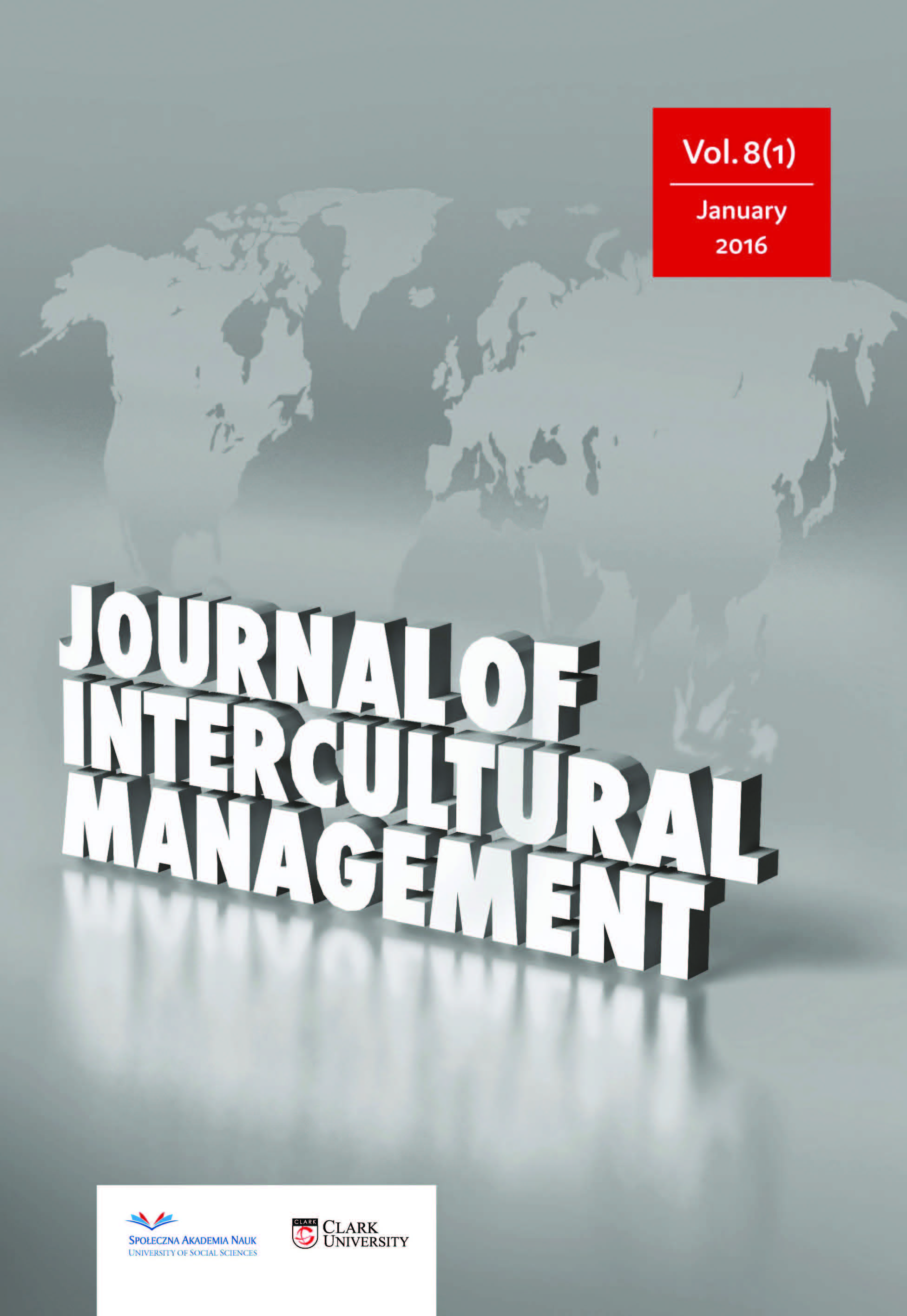An Analytical Model to Explain the Governance of Family Owned Businesses
An Analytical Model to Explain the Governance of Family Owned Businesses
Author(s): Ravindra Hewa Kuruppuge, Athula EkanayakeSubject(s): Politics / Political Sciences, Business Economy / Management
Published by: Społeczna Akademia Nauk
Keywords: family owned businesses; governance; family ownership; family involvement; analytical model
Summary/Abstract: The governance of businesses tends to vary depending on the ownership, i.e., the private sector vs. the public sector, or the industry, for example, banking vs. non-banking, and many more. This paper aims to develop an analytical model in explaining the governance of family owned businesses more specifically. It argues that because of the family ownership and thefamily management, family businesses require a particular attention. Also, because family businesses appear to set non-financial goals in addition to financial goals the governance of family businesses cannot be equally treated as those of other firms in the private sector. Given the less developed nature of the capital markets in the developing countries such asSri Lanka, family businesses play a significant role in the economic development of such countries. Nevertheless, family businesses face significant survival challenges, as they are likely to promote those who have family ties into management positions than the professional managers. By reviewing the existing literature critically, this paper identifies the variables, namely family power (i.e., ownership and management), experience and cultural factors, which influence the accomplishment of financial and non-financial goals of family owned businesses, and develops an analytical model to explain their governance.
Journal: Journal of Intercultural Management
- Issue Year: 8/2016
- Issue No: 1
- Page Range: 51-69
- Page Count: 19
- Language: English

